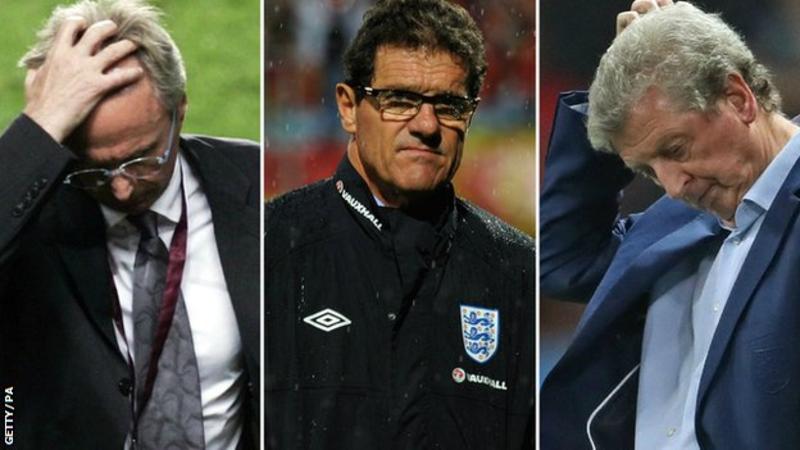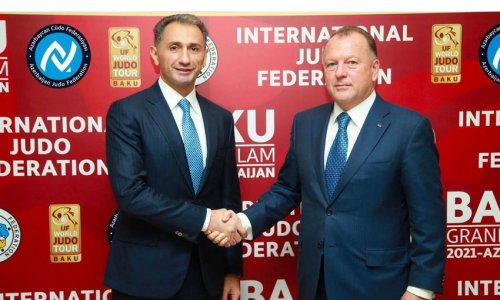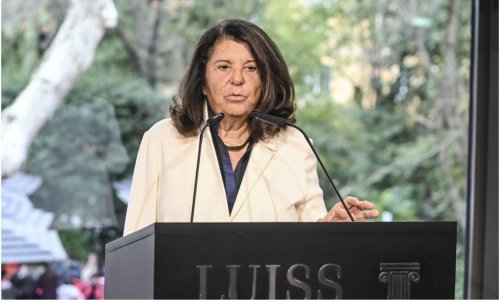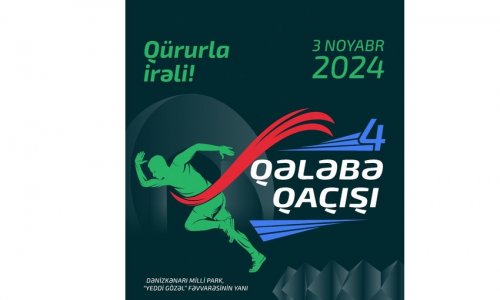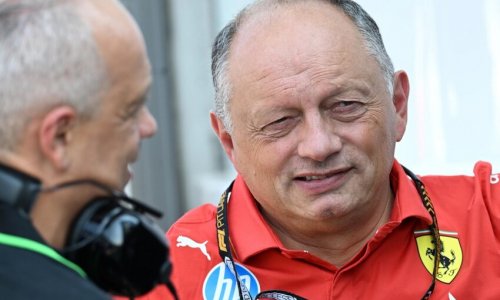The England squad touched down in rainy Luton this week less than 24 hours after arguably the worst result in their nation's history.
This is how England's football campaigns now conclude - at regional airports amidst an atmosphere of blame, resignations and a post-mortem over where it all went wrong.
There were no cheering fans nor an open top bus awaiting their arrival.
The only witnesses to yet another dismal homecoming were a small group of photographers and a tabloid journalist who tried to hand the players stuffed toy donkeys wrapped in 'Iceland' carrier bags.
Losing to one of the smallest nations in world football represents a new low for England.
But a downward trend has been in evidence for some time.
From Brazil 2014, where England failed to win a single game, stretching back to France 1998, with its eerily familiar psychological breakdown from the penalty spot, an entire generation of English failure is now complete.
It has been punctuated on occasion by the false dawn of a quarter-final appearance.
The faces change but England's aversion to winning stays disturbingly consistent.
Is it time then to accept that this is perhaps England's lot? That, as Alan Shearer believes, the players are not as good as we, or they, think they are?
That scraping into the latter stages of the Euros and World Cup should constitute success and is simply an accurate reflection of the strength of the English game?
Not if the Football Association is to be believed.
Back in 2013, at the start of Greg Dyke's reign as FA chairman, he spoke of how England's fortunes could be changed.
In a landmark speech in central London he unveiled his plans for a commission to look into historic failings, saying: "The FA is the organisation with the primary responsibility for giving the nation a successful English football team and on our past record we have to accept we have not done as well as we should. This means if we want to do better, things have to change."
He spoke of the need to incorporate "medical, sports science, psychology and analysis" into the equation and hailed the creation of St George's Park in Staffordshire as the location where the brightest minds would work with the nation's best talent.
Dyke also set out specific targets - to reach the semi-finals of Euro 2020 and to then win the 2022 Qatar World Cup.
After falling at the first knockout hurdle in France - to a nation of just over 300,000 inhabitants - those targets are now at risk of appearing hopelessly naïve and overly ambitious.
Those in charge of strategy and team performance now speak of England squad's needing to possess their own "DNA".
However the evidence in recent years suggests the chromosomes contained within are very badly damaged.
Dyke, like Hodgson, is also leaving the FA.
His departure is unrelated to team performance and follows his inability to force structural changes to the organisation's council, which he has described as "overwhelmingly male and white".
He departs with the FA, mirroring its senior men's team, in the grips of its own identity crisis.
It has made over 100 redundancies recently as it seeks to achieve £5m savings, as part of an overall £30m reduction in costs.
Dyke's commission wanted to introduce Premier League B teams into the lower levels of the English league pyramid but it was roundly rejected within minutes of it being unveiled.
The FA is determined to "reprioritise" where it can and is looking to improve coaching and facilities by investing in 3G pitches.
It's difficult to argue against any plan to invest in grassroots and community facilities but is this alone enough to make England tournament contenders in the short term?
Clearly not and much will be made of the qualities required from the next manager.
Eddie Jones has shown with English rugby union the transformative effect that a new leader can bring to a largely similar group of players.
But English football requires more than a simple change in nationality, man-management style or coaching philosophy.
After all, the FA has oscillated between domestic and foreign managers since 1999.
Since Kevin Keegan quit, assessing himself as simply not up to the job, the FA has appointed the exact opposite to the coach who came before.
It leered from tactically naive Keegan to the European sophisticate Sven-Goran Eriksson. From there it appointed homegrown but too friendly Steve McClaren before installing disciplinarian but aloof Fabio Capello.
Then came Hodgson, a warm and cultured Englishman that the FA believed could coax the best from the talent as his disposal following a long career overseas and in the Premier League.
Now the search starts all over again.
Perhaps it's too simplistic to think a messiah figure is out there capable of transforming the team's fortunes with nous, intelligent selection and adaptable tactics.
Someone with those qualities would certainly be a start though.
Other factors are also in play.
A debate over whether England's stars are too "pampered" has begun.
Jamie Carragher's reasoned argument that England players have gone "soft" revolves around the treatment the so-called "academy generation" receive.
A professional football culture that caters to every whim of the country's leading young players has failed, argues former England defender Carragher, to instil the necessary characteristics and leadership necessary to overcome adversity on the pitch.
The nature of the "pressure" England players believe the white shirt puts on their shoulders is also a topic discussed on a biennial basis.
This year is no different."We are not a side or nation," former captain Steven Gerrard writes in the Daily Telegraph, "with a culture of winning at the European Championship and the World Cup and the psychological impact of that is there to see at the first hint of trouble."
England did take Dr Steve Peters, famed for his work with British Cycling, to France.
But surely the impact of psychologists needs to be measured over months and years rather than weeks? Is it time for English players to regularly take to the shrink's couch? And what does it say about the culture within clubs if this isn't on offer to players or, if it is, taken up?
That reflects the work players need to do with their clubs, their day-to-day employers, given the limited time they have to work with the national coach.
It also raises the role of the Premier League and whether the number of foreign players in England's top division restricts the size of the domestic playing pool available for selection.
Back in 2013, Dyke spoke of "a league largely owned by foreign owners, managed by foreign managers and played by foreign players and that, as a result, it could be argued that the England set-up has been weakened, rather than strengthened, by the creation of the Premier League".
Yet when his commission reported back, not a single word was uttered about foreign ownership and any debate over the free-market nature of the league was glossed over.
In its defence, the Premier League would point to the Elite Player Performance Plan and a stated aim to produce "more and better homegrown players".
The squad Hodgson took to France was young and brimming with talent, all of whom play in the Premier League.
Dyke insisted the team would win Euro 2016 while many pundits predicted Hodgson's men could spring a surprise by reaching the semi-finals or even final.
And yet Iceland's best 11 players beat England's best 11.
In the end whose fault is that?
Let the debate continue.
(BBC)
www.ann.az
Follow us !

